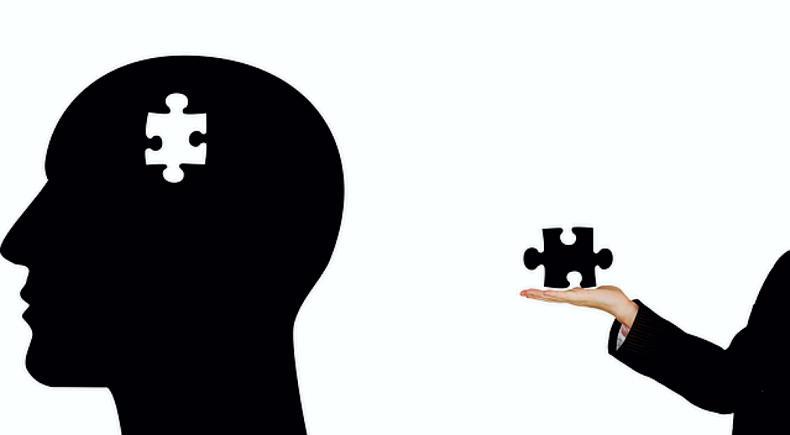It is estimated that one in four people will experience a mental health difficulty, meaning we may all be affected in some way. The stigma and discrimination associated with a significant mental health problem is, for some people, almost as difficult to manage as the experience of being unwell.
Stigma can act as a barrier to seeking support as people fear being labelled as mentally ill.This can lead to feelings of isolation and make the experience of mental health difficulties much worse.Psychosis, schizophrenia, bipolar disorder and depression are seen as lifelong labels, which mark the person as different from the rest of society.Research conducted in 2007, before See Change was established, showed that six in 10 people would not want anyone to know if they had a mental health difficulty.Ten years on, four in 10 people said they would conceal a mental health difficulty from family, friends or colleagues according to research See Change commissioned last year.What Is Stigma?
Stigma has been described as a sign of disgrace which distinguishes the person from others.
In the context of mental health, it usually involves the use of negative labels to identify people as different.Stigma against those with mental health difficulties takes many forms from the unkind word, social exclusion to higher insurance premiums.This results in the person feeling devalued and may lead them to isolate themselves and conceal their mental health difficulty.Mental health stigma thrives on lack of knowledge and understanding, negative attitudes and hostile or discriminatory behaviour.What is the Impact of Stigma?
The discrimination experienced by people because of their mental health problem can act as a barrier to seeking help, speaking out and recovery. The impact of stigma is considered twofold:
Public Stigma
Public Stigma involves stereotyping, prejudice and discrimination.
Stereotyping (e.g. people with mental health difficulties are dangerous). Stereotyping can make it easier to dismiss people with mental health conditions which can lead to social distancing, exclusion and isolation.Prejudice (e.g. people with mental health issues are dangerous and I am afraid of them). Prejudice is when people form opinions without being fully aware of the facts. People with self-experience of mental health conditions frequently encounter prejudice in their daily lives and it has a negative impact.Discrimination (e.g. I do not want to work with someone with a mental health issue/condition). Discrimination occurs when someone is treated less positively or appropriately than others due to their mental health condition.Self-Stigma
For many people the fear of misunderstanding and the prejudice they experience leads them to develop self-stigma. This is where the person starts to believe that what is being said about them is true.
Self-stigma can lead a person to believe myths such as they will not recover or cannot hold down a job.
Where does Stigma Occur?
Stigma is very common for people with mental health conditions and they have felt discriminated against in a number of areas, including:
Employment: Not being offered roles or not applying for rolesEducation: Settings such as schools and universities – being labelled as different and not offered opportunities to advanceMedia: Misrepresentation of mental health difficultiesInsurance companies: Making it more difficult for people with mental health conditions to get insuranceCommunity: Feeling shunned or excludedFamilies: Rejecting and blaming them for their conditionWhat can be done?
It may never be possible to totally eliminate inaccurate and hurtful comments, actions and headlines. It is, however, already evident that as people with self-experience and their families speak up and out about their experiences, people listen and many relate with empathy to those experiences.
How can I help end mental
health stigma?
Educate yourself on mental health difficulties and the recovery processRecognise the contribution of people who experience mental health difficultiesChallenge stigma and discrimination when you hear or see itConsider the language you use and how a simple change in the language you use will show your openness and acceptanceStart a conversation with a friend, family member or work colleagues about mental health.INFORMATION
For more about this, go to www.greenribbon.ie, and download the information packs. Green ribbons are available free from major Iarnód Éireann stations and Boots Pharmacies in Ireland during May.
Facebook.com/greenribbonirl
Greenribbon.ie
#greenribbonirl


 This is a subscriber-only article
This is a subscriber-only article
 It looks like you're browsing in private mode
It looks like you're browsing in private mode










SHARING OPTIONS: